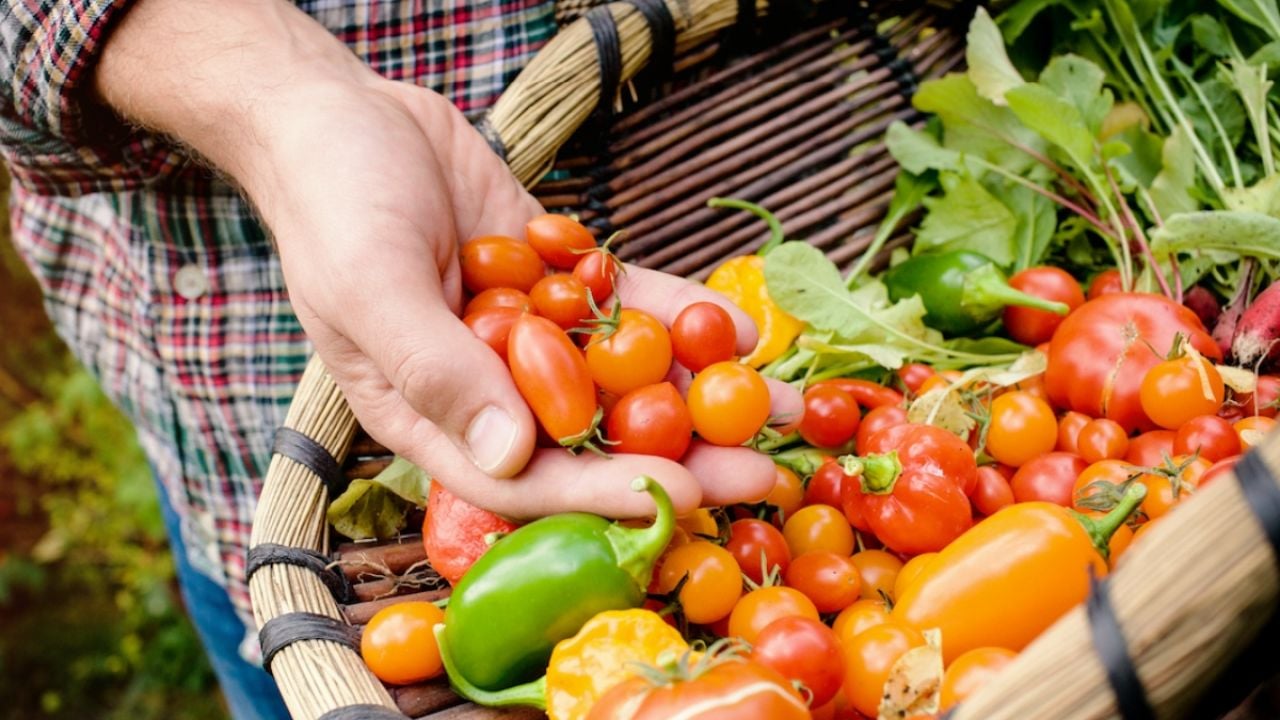
The nation’s organic food sector is far too dependent on imports to meet the growing demand for organic here at home. Although organic food accounts for more than 5 percent of total U.S. food sales, less than 1 percent of the nation’s farmland is farmed organically.
Thankfully, the 2018 Farm Bill includes a number of provisions that will help increase the amount of organic food grown in the U.S., including historic investments in organic research and help for more farmers making the transition to organic.
Specifically, the Farm Bill approved by the House and Senate will modify the Department of Agriculture’s existing voluntary agricultural conservation programs to better assist growers who want to switch to organic. The simple changes championed by Rep. Ann Kuster, D-N.H., and Sens. Bob Casey, D-Penn., Patrick Leahy, D-Vt. and Amy Klobuchar, D-Minn., will provide transitioning growers with additional technical and financial assistance, as well as make more farmland available to those who want to farm organically.
The bill will also provide increased funding for USDA’s organic certification cost-share program. And it will provide nearly $400 million in permanent funding for organic research and extension programs over the next decade to ensure that farmers transitioning to organic have greater access to high-yielding organic seeds as well as the resources necessary to address weed, pest and soil health challenges.
These changes, along with increased scrutiny of organic imports, will better position American farmers and ranchers to meet the growing demand for organic food here at home – a win-win-win for organic businesses, consumers and the environment.



